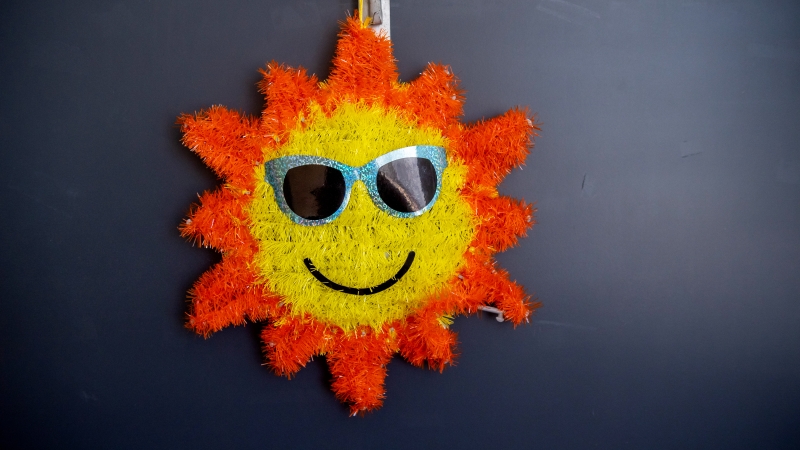
Spark Discovery
As parents and educators, we share the goal of helping children thrive in school, at home, and in life. This includes exploring new ideas, celebrating their strengths, and encouraging them to persevere when things get tough. Working together, we can support students’ sense of learning and discovery through these formative years.
To highlight these goals, the theme of this year's National School Psychology Week (NSPW) from November 11 to 15 is “Spark Discovery.” This year’s theme is meant to evoke a sense of pride in school psychologists’ scientist-practitioner training. School psychologists support their communities in exploring connections and pursuing new ideas. Dr. Peter Faustino, National Associaiton of School Psychologists (NASP) President, states, “As we celebrate NSPW, I would like us to remember the profound impact that positive, supportive relationships have in fostering growth and transformation. The power of meaningful connections kindles curiosity, inspires learning, and sparks the discovery of new possibilities in our schools and communities.”
School psychologists are members of the school team who support students’ ability to learn and teachers’ ability to teach. They apply expertise in mental health, learning, and behavior to help children and youth succeed academically, socially, behaviorally, and emotionally. School psychologists provide direct support and interventions to students, such as learning assessments, academic and behavioral interventions, counseling, and social skills training. They also work with families, teachers, and other educators to improve school-wide practices and policies that help make our school community a safe, supportive, and welcoming space in which all children can thrive.
Join school psychologists by taking this week to embark on a journey of discovery and help children thrive in school, at home, and in life. As parents, you know your children best and are essential to this work. There are many ways parents can help children take on new challenges, learn new skills, and feel safe and valued. As parents and caregivers, you can:
- Help your children internalize a sense that individuals grow in their own ways, often in their own time, through engagement and interaction with their surroundings, as well as by recognizing any forward movement as a success.
- Help your children develop positive relationships with peers and adults and model respectful, caring behaviors with others.
- Encourage your children to set goals and to map out a plan for achieving them. Talk with your children about steps they have taken, what worked and what did not, and what they might do next.
- Emphasize that learning and growing requires trying new things and that success comes from small steps to a long-term goal. Demonstrate through your own behaviors how to try new, challenging activities as a way to grow while also having fun.
- Praise attempts as well as success, and make sure that you focus on recognizing the effort put forth by your children. Emphasize the importance of deliberate practice and how talent grows over time through skillful practice.
- Find ways to celebrate diversity and accept others, or take steps with your children to actively learn about others that are different from you.
- Model the joy of learning by reading about a variety of topics with your children and let them know that you, too, are learning new things and expanding your universe.
- Help your children work through challenges, or lack of self-confidence, by helping to identify how they can overcome a setback. As a parent, you can help your children see what the small steps are and how rising above obstacles is a part of succeeding. Help your children realize that setbacks are not permanent or all-encompassing. Model perseverance and problem solving when faced with your own challenges or difficulties.
- Encourage your children to participate in community activities, such as volunteering, that may help them to develop positive behaviors. Consider participating in community events yourself as a role model.
Healthy Minds News shares information related to youth mental health and wellness for an audience of parent, educators and community-based providers. Articles include tips and strategies for increasing wellness and resiliency, as well as fostering success at home, at school and in the community. This is a collaborative project between Fairfax County Public Schools and the Prevention Unit of the Fairfax County Department of Neighborhood and Community Services. It is part of the Healthy Minds Fairfax initiative, designed to support emotional wellness in youth and families.
If you or someone you care about is in crisis or needs help, TAKE ACTION!
- Call or text 988 the Suicide and Crisis Lifeline
- Contact Fairfax County CSB Emergency/Crisis Services (703) 573-5679
- Contact CSB for outpatient Walk-in assessments, please call ahead (703) 383-8500
- Go to the nearest emergency room
- Contact Children’s Regional Crisis Response (CR2) (571) 364-7390
- Call 911


